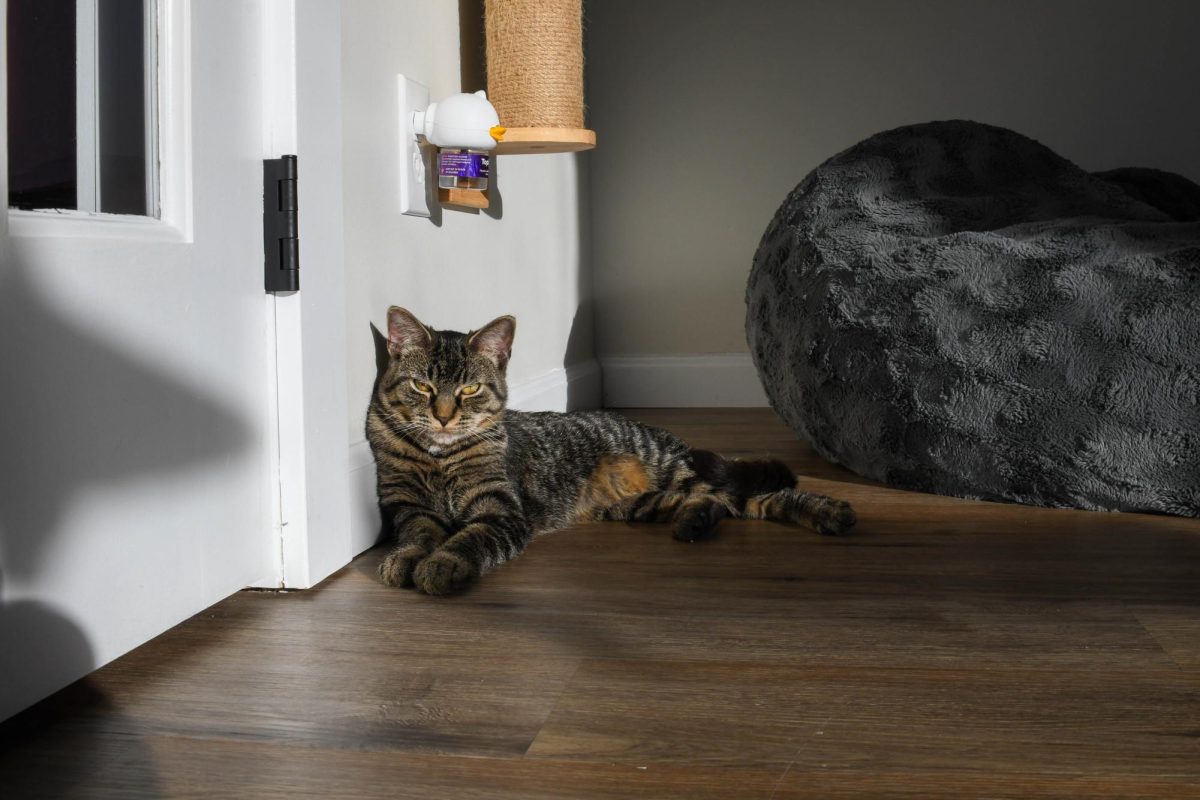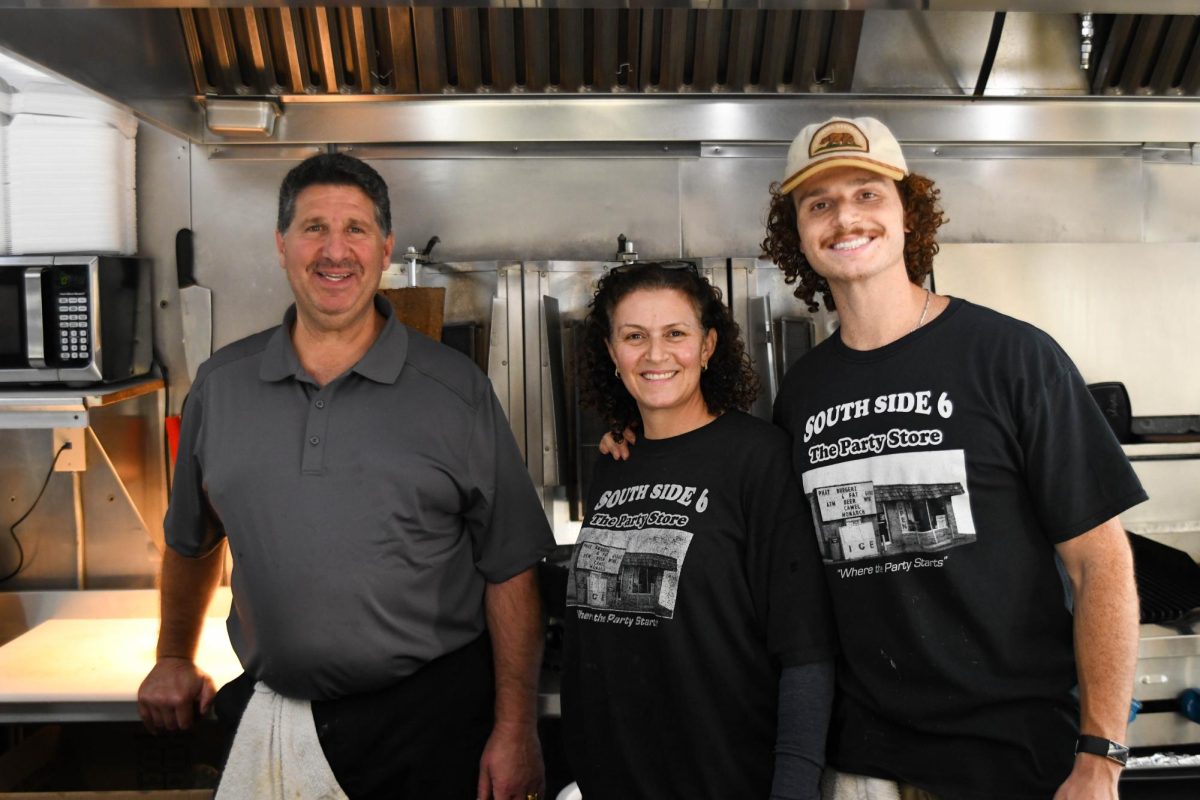For those of my readers who are finishing up introductory Psychology 101 classes, you would have recently experienced a presentation series known as “Speaking from Experience.”
This is a group of amazingly courageous individuals who every year present stories of their personal experiences with mental illness.
Some stories, such as my own, are personal struggles to overcome and recover from mental illness.
Other stories are experiences of living with family members who are struggling from mental illness.
For the past two years, I participated in this wholly insightful program that hopes to achieve understanding and advocacy for those of us struggling with mental illness.
I was grateful this year to be able to present with individuals that I had not yet had a chance to share stories with.
For me, it is a personally gratifying and liberating experience, being able to admit to your illness and share the details of your struggle.
A particularly beneficial part of these presentations is that most speakers, myself included, don’t hold back. When we share our stories, we share down to even the gruesome details.
From stories of self-mutilation to individuals darkest moments of depression, I feel it really helps those in the audience to see what really happens in the mind of someone who like myself, suffers from Major Depressive Disorder.
The liberating aspect comes from realizing that you do have what it takes to stand in front of anywhere from 50 to 100-odd students, like yourself, and share what may be some of your darkest secrets.
Perhaps it’s the anonymity of the audience that allows you to share facts about yourself that closest friends and even family members may not know, whatever it is, the feeling is something else.
I am avid supporter and advocate for Speaking from Experience simply because it is peer-to-peer.
Students can speak to other students about their personal experiences.
It’s one thing to listen to an adult who is several generations older than yourself speak about their struggle with mental illness, but it’s a whole other experience to see someone your age, maybe even someone you know speak about suffering from Depression or Bipolar Disorders.
Not that this discredits the words of older generations in any way at all, their insight and experiences are just as beneficial and important as the words of my generation.
Speaking from Experience is also a wholly rewarding experience because you know you are doing your part to reduce stigma regarding mental illness.
Mental illness is unfortunately still very much taboo in today’s society.
Even I feel the effect of the discomfort it can raise when bringing up my depressive episodes with close friends.
I know they don’t mean to be awkward, but their reactions only further the idea that mental illness is not something to be openly talked about.
I have no shame about my diagnosis and have no qualms about openly speaking about my experience or even answering personal questions concerning my experiences with self-mutilation.
Individuals suffering from mental illness should start to feel empowered from programs such as this to make their voices heard in order to reduce the stigma that still shrouds mental illness in mystery.
My sincerest hope is that those who have heard my story of even the those stories of the courageous others who speak are moved to go out into their community to spread awareness about mental illness.
I also grant my sincerest encouragement to those who have personal experience with mental illness, whether it is yourself or a family member, to share your story and become an advocate for mental heath awareness.







